This is a tale of two schools: an ocean apart geographically and demographically, but with the same noteworthy co-curricular requirement for every student. One school, St. Benedict’s Prep in Newark, New Jersey (USA), costs US$13,000 (about 11,500€/£9,700) a year to attend, though most students receive financial aid. The campus is surrounded by urban blight. The other school, Aiglon|Switzerland, costs close to ten times that much. It is situated in the idyllic Alpine ski resort of Chesières-Villars, high above the Rhône Valley and nearby Lake Geneva. Interestingly, as dissimilar as the schools are in many respects, both have a common challenge: helping their students build character, resilience, and self-esteem. In that regard, it turns out that kids who come from extremely “advantaged” backgrounds can struggle as much as kids who come from “disadvantaged” backgrounds. (It can be dispiriting, even emotionally debilitating, to grow up in the long shadow of an extremely successful and/or famous parent, trying to find your own identity and path in life, just as it’s hard to overcome the many day-to-day challenges of growing up poor.) To address the character/resilience/self-esteem issue, both schools rely on a time-tested pedagogical strategy to get impressive results: EXPEDITIONS.
Two entirely different schools. yet their Small-group expedition dynamics and results are almost exactly the same.
Your scribe met QBE director Will Sutherland years ago at Aiglon, when it was much less expensive. Will was a mathematics teacher and sports master. I was a student. Challenging outdoor expeditions were one of the pillars of the school’s co-curriculum—and ethos. (The founding headmaster, John Corlette, spent some time at Gordonstoun, in Scotland, with expeditionary-learning advocate and Outward Bound® founder Kurt Hahn. Consequently, “JC” became a believer in the benefits of outdoor adventure early in his teaching career.) As much as anything else, the expedition component of an Aiglon education defined our unique boarding school experience. And apparently it still does. Here’s a recent Aiglon video of a rock climbing sortie:
FYI: A via ferrata (Italian for “iron route/path”) is a climbing route that employs steel cables, rungs, and or ladders, fixed to the rock to which climbers attach harnesses to secure themselves and mitigate the danger of any potential fall. Vie ferrate eliminate the obvious risks of unprotected scrambling and climbing or the need for sophisticated climbing equipment; in other words, they facilitate mountain climbing for beginners.
*QBE is not affiliated with Aiglon|Switzerland and the presence of this video on our blog is in no way an endorsement of QBE Outdoor Education by Aiglon or vice versa. It is intended only to make a point about the profound impact of outdoor adventure on high school students.
Below is another video, a short documentary, about an annual trekking expedition that is required for graduation from St. Benedict’s Prep. Many Newark schools are what Americans call “challenged”; their achievement test scores are embarrassingly low. But St. Benedict’s, an inner-city Catholic school, is a remarkable outlier—it graduates 98% of its students and 85% go on to earn undergraduate degrees! The school believes that a five-day trek every first-year high-school student is required to join is a large contributor, if not THE key, to its remarkable academic results.
“It is probably THE most important thing we do…above and beyond the academics…. Every school in the country should find some way to get their kids out in nature to realize there’s something bigger than you.”
—Ivan Lamourt, St. Benedict’s Director of Counseling
The school’s regular expedition route is a 55-mile stretch of the Appalachian Trail, the famous woodland path that stretches across 14 states, from Maine to Georgia, through the ridges and valleys of the Appalachian Mountains. The school has been such an amazing success story that it and its Trail expedition were featured on the popular U.S. television news magazine “60 Minutes.” (QBE did its first post about St. Benedict’s a few years ago.)
What is striking are the comments of students from both Aiglon and St. Benedict’s; they are all on the same page. They come away from their outdoor adventures with similar revelations. They learn the same life lessons. And those lessons stick.
*QBE is not affiliated with St. Benedict’s Prep and the presence of this video on our blog is in no way an endorsement of QBE Outdoor Education by St. Benedict’s or vice versa. It is intended only to make a point about the profound impact of outdoor adventure on high school students.
So there you have it: the magic that happens when you undertake a strenuous exploit, outside your comfort zone, to achieve an ambitious goal.
Sailing expeditions are a variation on the trekking/mountaineering theme, just in a different register (You’re on the water, not land; and you use your arms and hands more than your legs). Participants learn teamwork, resilience, and leadership along with sailing skills and something about our area’s local cultures and history. They form strong bonds with new friends—their fellow crew members. And, like other young expeditioners, many of them come away with experiences and new insights they can use to help craft winning university admission essays.
Service projects are laudable and enormously satisfying moral imperatives. Challenging small-group expeditions, organized and supervised in large part by the participants themselves, are a different breed of endeavor—consequential investments in motivation, character, and confidence that also pay surprisingly high academic dividends. Who would have thought? Testing your limits outdoors usually translates into higher academic achievement in the classroom. It seems a stretch. But there’s ample evidence it’s true. Ambitious expeditions can be life-changers in many different ways, and we enthusiastically commend them to parents and teens looking for transformative summer enrichment.

